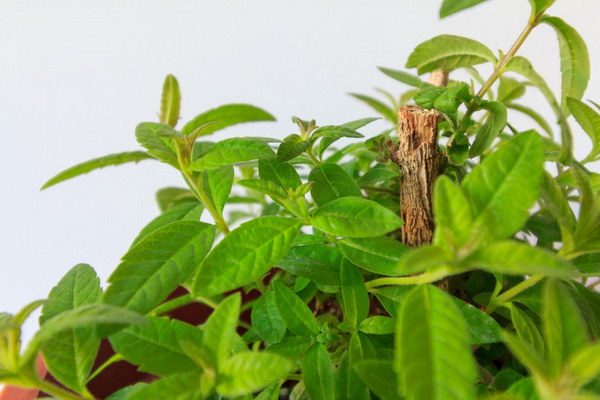Top 5 Traditional Chinese Herbs for Strengthening Kidney Yang A Comprehensive Guide
In traditional Chinese medicine (TCM), kidney yang is considered a vital energy source that governs many body functions, including reproduction, metabolism, and the immune system. When kidney yang is weak, individuals may experience symptoms like fatigue, low libido, and weakness. To address this, TCM practitioners often recommend certain herbs that can help strengthen kidney yang. Here are the top five traditional Chinese herbs for reinforcing kidney yang:
1. Cuscuta (Semen Cuscutae)
Cuscuta is a commonly used herb in TCM for strengthening kidney yang. It is believed to tonify the kidneys, improve fertility, and enhance sexual function. Cuscuta is also used to treat other kidney-related conditions, such as nocturia and kidney weakness. The herb can be taken in various forms, such as raw, powdered, or in herbal formulas.
2. Rehmannia (Radix Rehmanniae)
Rehmannia is another well-known herb in TCM for tonifying kidney yang. It is often used in combination with other herbs to treat kidney weakness, fatigue, and low back pain. Rehmannia has a sweet, cooling property and can be taken as a decoction, tablet, or in powder form.
3. Epimedium (Herba Epimedii)

Epimedium is a traditional Chinese herb known for its ability to strengthen kidney yang and enhance sexual function. It is commonly used to treat impotence, low libido, and other sexual disorders. Epimedium can be taken alone or in combination with other herbs, such as Cuscuta and Rehmannia.
4. Aconitum (Fritillaria Thunbergii)
Aconitum is a potent herb used in TCM for reinforcing kidney yang, especially in cases of kidney deficiency with cold symptoms. It is believed to warm the kidneys, alleviate pain, and improve physical strength. However, Aconitum should be used with caution, as it can be toxic if not properly prepared and administered.
5. Schisandra (Fructus Schisandrae)
Schisandra is a versatile herb in TCM, known for its ability to tonify both kidney yin and yang. It is often used to treat fatigue, weakness, and sexual dysfunction. Schisandra can be taken as a tea, tincture, or in capsules.
When using these herbs to strengthen kidney yang, it is crucial to consult with a qualified TCM practitioner, as individual conditions and dosages may vary. Here are some general guidelines for using these herbs:
1. Follow the dosage instructions provided by your TCM practitioner or on the product label.
2. Avoid taking these herbs if you have a history of allergies or adverse reactions to them.
3. Do not exceed the recommended dosage, as some herbs can be toxic if taken in excessive amounts.
4. If you are pregnant, breastfeeding, or have underlying health conditions, consult with your healthcare provider before using these herbs.
In conclusion, these five traditional Chinese herbs are highly regarded for reinforcing kidney yang and addressing various kidney-related issues. However, it is essential to consult with a qualified TCM practitioner to ensure proper usage and avoid potential risks.









